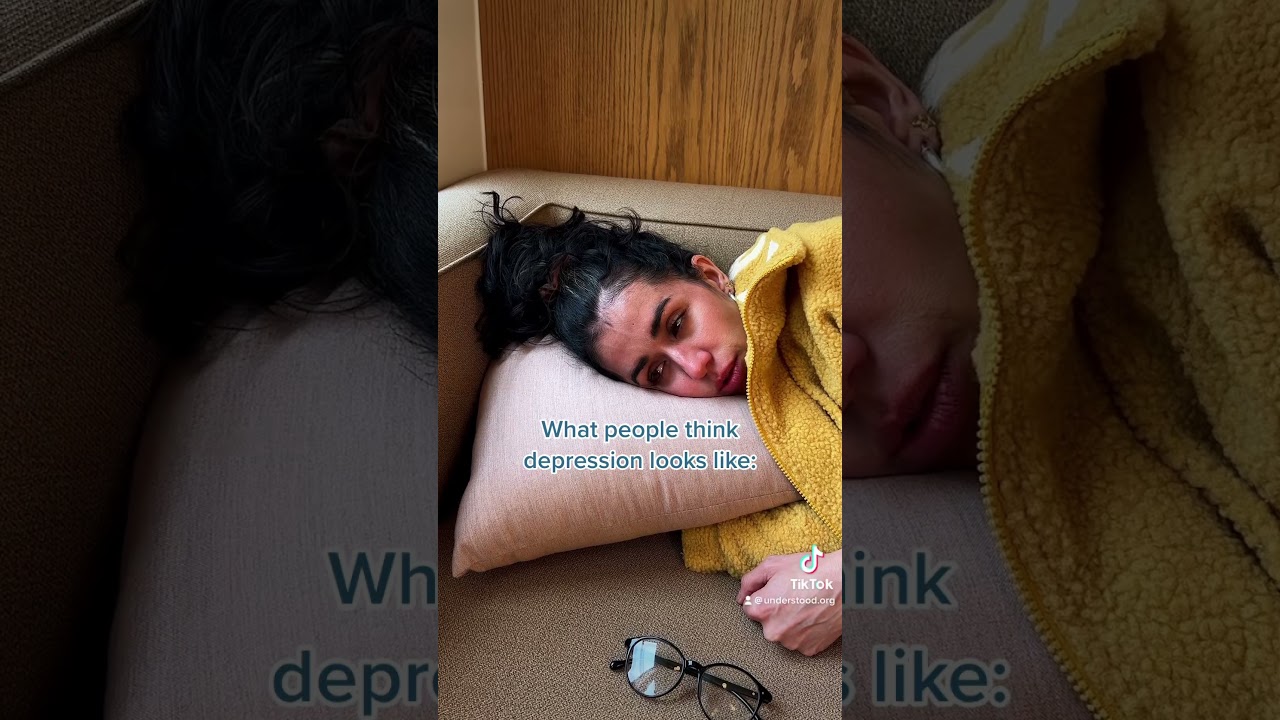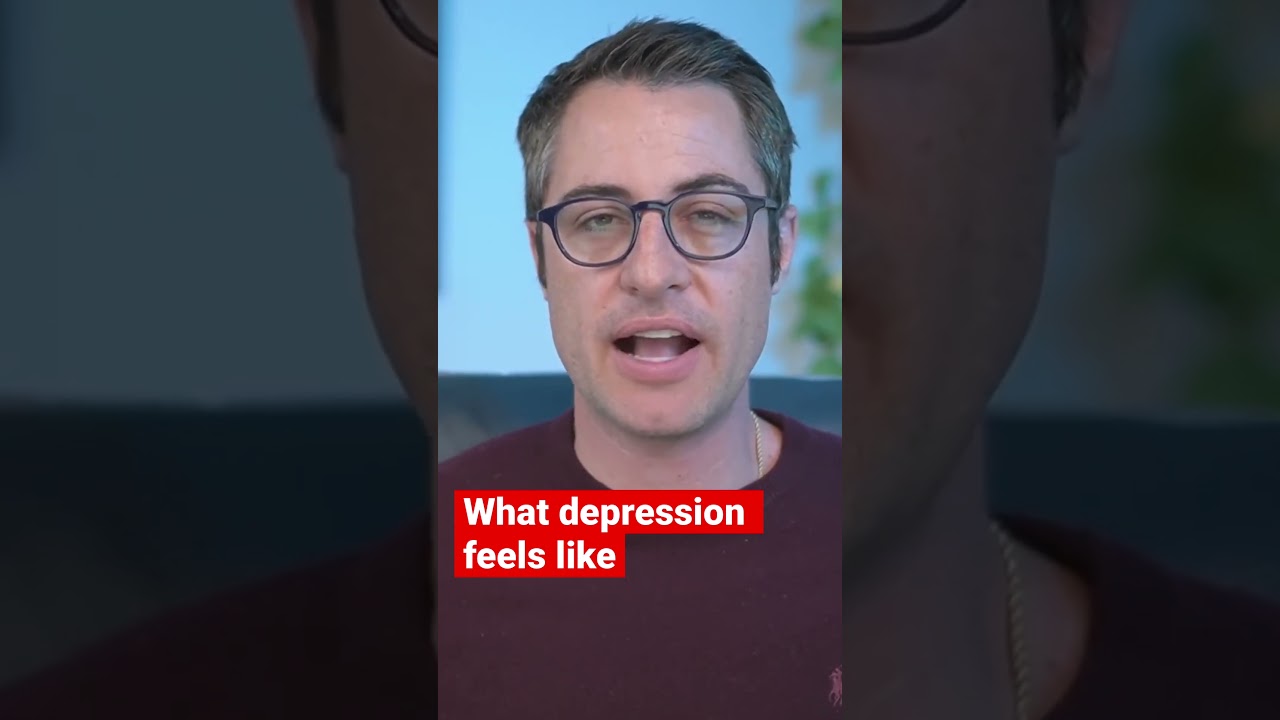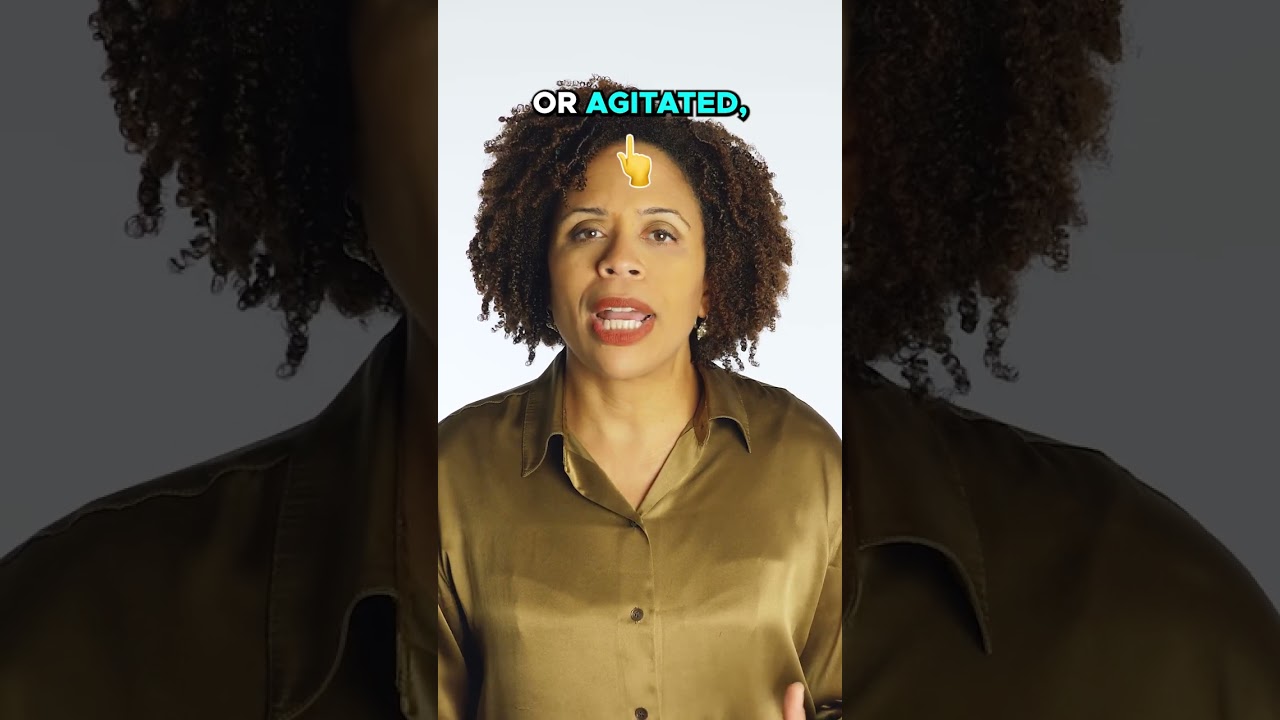Depression is more than just feeling sad; it’s a widespread reality that affects nearly 280 million people around the globe. Just think about that number! This means that, on any given day, so many of us might be struggling under the weight of this devastating condition. But what about depression? It’s a question that deserves attention, especially in light of recent findings that point to a significant increase in depressive symptoms during and after the COVID-19 pandemic. The World Health Organization has reported this alarming trend, highlighting the urgent need for open conversations surrounding mental health and its impact on lives.
With the flow of daily life often overshadowed by stressors and chaos, it’s essential to recognize that depression doesn’t discriminate. It can affect anyone, from the young to the elderly. What this means for parents, particularly those who are members of organizations like Mothers Against Addiction, isn’t just about understanding the statistics; it’s about connecting these numbers to real lives—our children, family members, and friends. Parents facing the heart-wrenching struggles with addiction in their children are often left grappling with their own feelings of despair. Navigating these intertwined struggles is no easy task.
Let’s dive deeper—what exactly happens when depression intersects with other mental health conditions? This brings us to a crucial point in understanding the struggles many face daily.

The Widespread Reality of Depression: Key Statistics
Many people may not know that depression is an incredibly common struggle. According to recent studies, nearly 280 million people worldwide suffer from this condition. The surge in cases during and after the COVID-19 pandemic has made it a pressing public health issue. These alarming statistics prompt us to ask: what about depression, and how can we support ourselves and our children amidst such turmoil?
Some key statistics to note:
Understanding the sheer number of individuals impacted by depression should bring us together as a community, especially for those of us championing for change at Mothers Against Addiction. The fight doesn’t have to be solitary; the more we share, the better we can support one another.
How Depression Interacts with Other Mental Health Conditions
So, what about depression? Let’s explore how it interacts with other conditions, like Attention Deficit Disorder (ADD), bipolar disorder, and eating disorders.
What is Attention Deficit Disorder?
When discussing depression, it’s critical to understand how symptoms of Attention Deficit Disorder (ADD) can overlap with depressive symptoms. This can make it tricky to nail down an accurate diagnosis. Often, untreated ADHD can amplify feelings of inadequacy, leading to deeper episodes of depression. Many parents are unsure whether their child’s struggle is due to ADHD or a more profound depressive state.
For parents concerned about their children, it’s worthwhile to explore resources on what is ADHD and how it influences mental health.
What is Bipolar Disorder?
Now, what about bipolar disorder? The relationship between bipolar disorder and depression is well-documented. Within this condition lie cycles of depressive and manic episodes, where depressive phases can become overwhelming. Notable figures like Carrie Fisher opened up about their own battles with this condition, shedding light on how complex it can be.
For individuals with bipolar disorder, these depressive episodes can feel like dark clouds that just won’t lift.
What about Depression and Eating Disorders?
The link between depression and eating disorders like anorexia or bulimia cannot go unnoticed. The struggles with body image foster an environment ripe for depression to take root. One compelling example is illustrated in the Netflix documentary, “Emmy and the Breakfast Club.” This film exposes the grim reality many face, highlighting how eating disorders and depression go hand in hand.
Real stories like Emmy’s remind us that depression isn’t a solitary battle; it’s often compounded by layers of other issues, creating a web of challenges that can be overwhelming to untangle. It’s critical that parents understand this connection to better support their children.

The Reality of Anxiety in the Context of Depression
When we talk about mental health, we often find that anxiety and depression travel hand in hand. So, what is an anxiety attack, and how does it connect with depression? Anxiety often comes with symptoms like racing hearts, shortness of breath, and overwhelming worry. These signs can, unfortunately, worsen depressive states or even trigger episodes of depression.
Consider Jessica, a college student who experienced her first panic attack mid-exams. Her constant anxiety left her feeling isolated. It wasn’t long before she was diagnosed with both anxiety and depression—a double whammy that left her grappling with life decisions, her grades, and her social life.

Mental Health and Personal Identity
In discussing mental health, we must also tackle the hard question: when does sexuality become a mental illness? Societal pressures surrounding sexual identity can create turmoil, particularly in the LGBTQ+ community. These pressures often feed the cycle of depression. Public figures like Ellen Page have bravely revealed their own struggles with mental health while navigating their identities.
When young people feel confined by societal norms, the weight of poor mental health can feel unbearable. The struggle for acceptance often intertwines with mental health issues, leading many to ask the question: what about depression?

The Importance of Mental Health Awareness
Why is mental health important? The societal impact of neglecting mental health issues is severe. With untreated depression, we often see increased rates of suicide and self-harm, which is both heartbreaking and avoidable. Campaigns like #BellLetsTalk aim to raise awareness about these issues, helping to shine a light on a dark corner of society.
When we normalize conversations about mental health, we help pave the way for better outcomes for all individuals.

Understanding Complexities in Diagnosis
Understanding mental health issues often comes with complex nuances. One such example is Borderline Personality Disorder (BPD), which shares overlapping symptoms with depression. The stigma surrounding BPD can leave individuals feeling misunderstood, often leading to misdiagnosis.
Personal stories from individuals with BPD highlight how critical accurate diagnoses are. When professionals miss the markers of depression, it can lead to ineffective treatments and worsen their mental health.
What is Borderline Personality Disorder?
BPD might often be misdiagnosed as simple depression, but the reality is much more involved. Individuals may express feelings of abandonment and intense emotional instability.
Navigating Treatment and Support
As we look for effective ways to treat depression, the integration of technology has opened new doors. Apps like Talkspace and BetterHelp provide options for therapy that can reach a broader audience. They help individuals find therapists, schedule appointments, and even engage in therapy through their smartphones!
Corporate initiatives have also expanded the conversation around mental health. Companies like Google and Salesforce offer robust mental health resources to their employees, emphasizing the importance of workplace mental health.
Moving Forward: The Path to Resilience and Recovery
As we deepen our understanding of what about depression, we realize that our collective approach matters. Raising awareness through education and open dialogues is just the start. Tackling depression effectively requires a collaborative community effort.
By providing platforms for those struggling and ensuring access to comprehensive mental health resources, we can establish a foundation for healing and resilience. Remember, it’s about empowering individuals and communities alike to drive a more supportive and understanding society.
In embarking on this journey, let’s remember that there’s no shame in seeking help. Whether you are a parent, a child, or a friend, everyone can play a part in health and well-being through compassion, understanding, and resilience. Together, we can champion for change and build a community that embraces mental health openly.
At Mothers Against Addiction, we recognize this battle and encourage every parent to take a step forward for their families. Remember, you’re not alone. We’re here, standing beside you as you navigate this difficult path. Let’s tackle these tough conversations, work toward better understanding, and fight against the stigma—together!
For further exploration of mental health resources and information about specific conditions, feel free to visit Mothers Against Addiction for additional support. Remember, healing begins with awareness.
What About Depression: Intriguing Insights and Trivia
Understanding Depression’s Broader Impact
What about depression? It’s not just a shadow lurking in the background; it can significantly shape our daily lives. Did you know that depression affects over 264 million people globally? That’s a town-sized number! This can result in various struggles, including addiction, leading to severe implications for families. Speaking of addiction, you might want to check out our helpful resources at Hpr to see how interconnected these issues are.
Moreover, it’s essential to recognize that depression can also co-exist with other conditions, like ADHD. For more insights on that, consider exploring if Adhd Is a mental illness to broaden your understanding. Interestingly enough, many famous personalities have faced battles with mental health, including actors like Hamish Linklater. You can catch up on his impressive roles in Hamish Linklater ‘s Movies And TV Shows which sometimes reflect the struggles of mental health, making for fascinating entertainment.
Connections Between Emotions and Language
What about depression can influence how we express our emotions? Language plays a big part here. A simple word like “pain” resonates differently across cultures; for instance, “pain” in Spanish translates to “dolor.” Understanding this cultural lens can deepen our empathy for others facing similar struggles. To learn more about how language shapes these conversations, visit Pain in Spanish.
Witty references can sometimes lighten the mood. For example, did you hear about the camels that recently escaped Cedar Point? It’s a quirky reminder that life can be unpredictable! Much like the emotional twists we experience with depression, these events can catch us off guard, teaching us to embrace spontaneity amidst challenging circumstances.
The Importance of Awareness
Finally, what about depression highlights the importance of awareness and discussions around mental health? For instance, Meegan Spector is notable in advocating for mental health awareness, helping to shift perceptions in media and beyond. Her work reminds us how crucial open conversations around these topics really are. For individuals seeking more help with ADHD and mental health support in Spanish, don’t miss our insightful page on ADHD in Spanish.
Even music has its part to play! The iconic group Salt-N-Pepa have touched on various issues in their lyrics over the years, including feelings that can resonate with depression. Encouraging creativity and self-expression can help those feeling the weight of life’s pressures. So, as we ponder “what about depression,” remember that support, awareness, and dialogue are essential steps for healing.




























